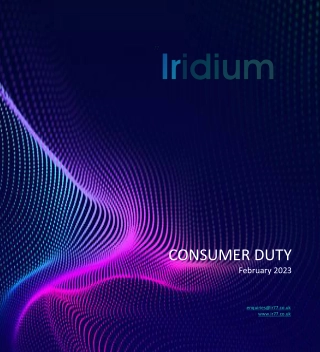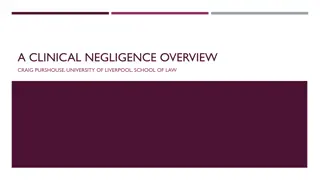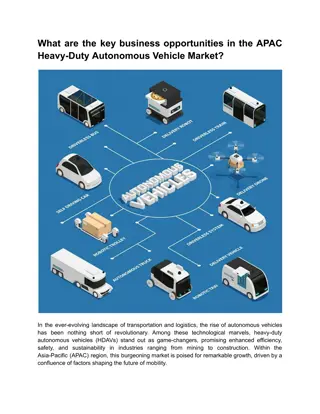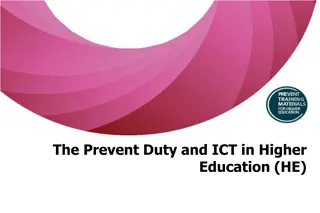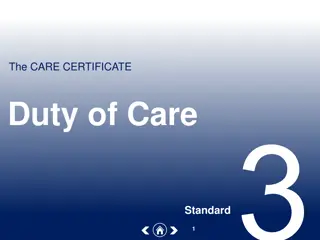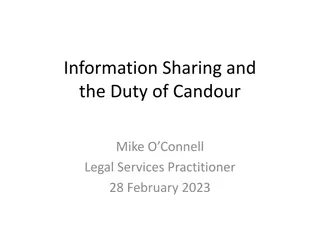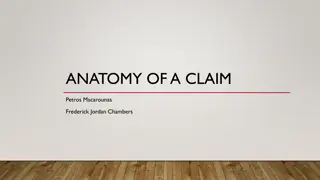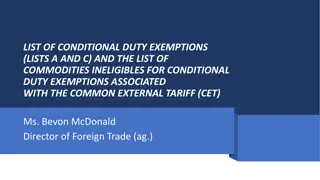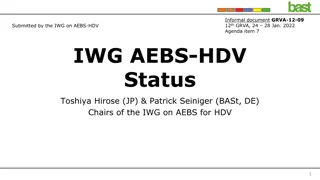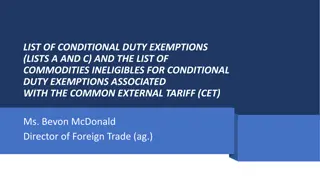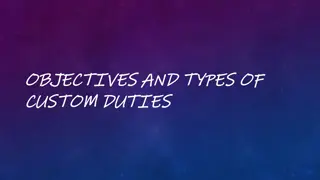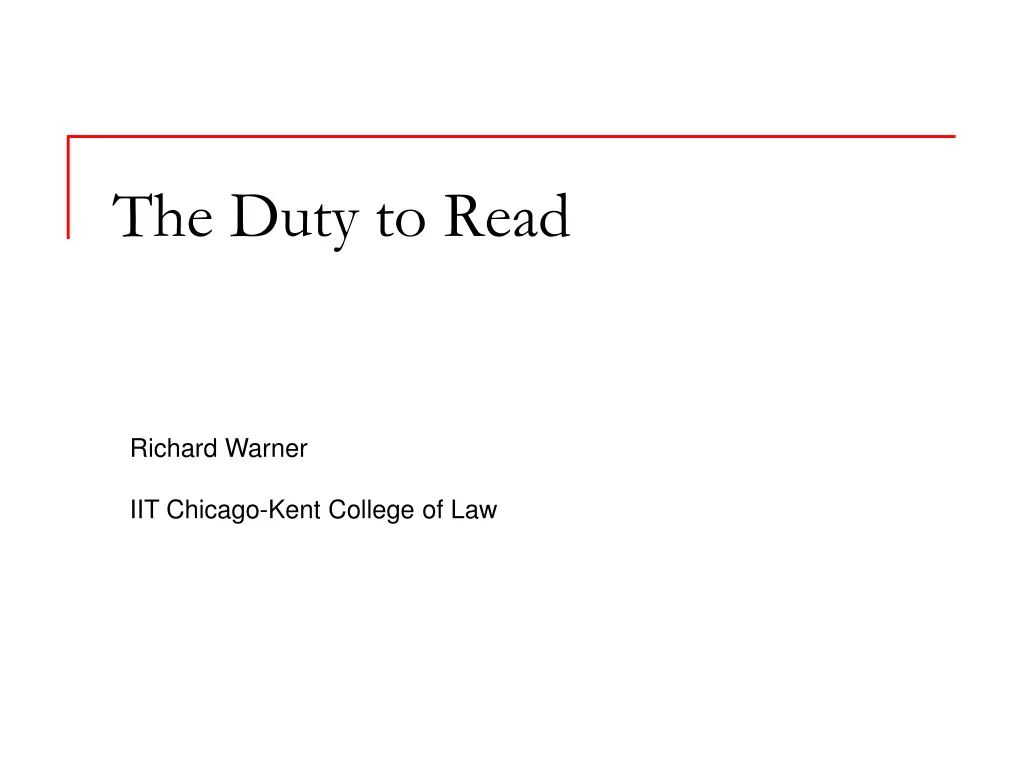
Understanding the Duty to Read Agreements and Its Implications
Explore the concept of the duty to read agreements, including the modern rule, moral and practical rationales, and examples from Chrome's terms of use. Learn about the implications of having an adequate opportunity to read and understand agreements, even if one chooses not to do so.
Download Presentation

Please find below an Image/Link to download the presentation.
The content on the website is provided AS IS for your information and personal use only. It may not be sold, licensed, or shared on other websites without obtaining consent from the author. If you encounter any issues during the download, it is possible that the publisher has removed the file from their server.
You are allowed to download the files provided on this website for personal or commercial use, subject to the condition that they are used lawfully. All files are the property of their respective owners.
The content on the website is provided AS IS for your information and personal use only. It may not be sold, licensed, or shared on other websites without obtaining consent from the author.
E N D
Presentation Transcript
The Duty to Read Richard Warner IIT Chicago-Kent College of Law
The Modern rule If a party has an adequate opportunity to read and understand an agreement, then that party is treated as if he or she read the agreement even if in fact the party did not do so. What counts as an adequate opportunity to understand?
A Moral Rationale One argument is a normative one: If you have an adequate opportunity to read and understand the agreement, but choose not to, you assume the riskthat the terms may be one s to which you object.
A Practical Rationale Business/consumer contracting depends on the duty to read. The business makes the offer in a standard form contract. The consumer accepts and the terms are binding even though customers do not . . . ordinarily understand or even read the standard terms.
What You Understand From Chrome s terms of use: 17. Intended Third-party Beneficiary. Adobe Systems Incorporated and Adobe Software Ireland Limited are the intended third-party beneficiaries of Google s agreement with Sublicensee with respect to the Adobe Software, including but not limited to, the Adobe Terms Sublicensee agrees, notwithstanding anything to the contrary in its agreement with Google, that Google may disclose Sublicensee s identity to Adobe . . .
What You Understand and certify in writing that Sublicensee has entered into a license agreement with Google which includes the Adobe Terms. Sublicensee must have an agreement with each of its licensees, and if such licensees are allowed to redistribute the Adobe Software, such agreement will include the Adobe Terms.

